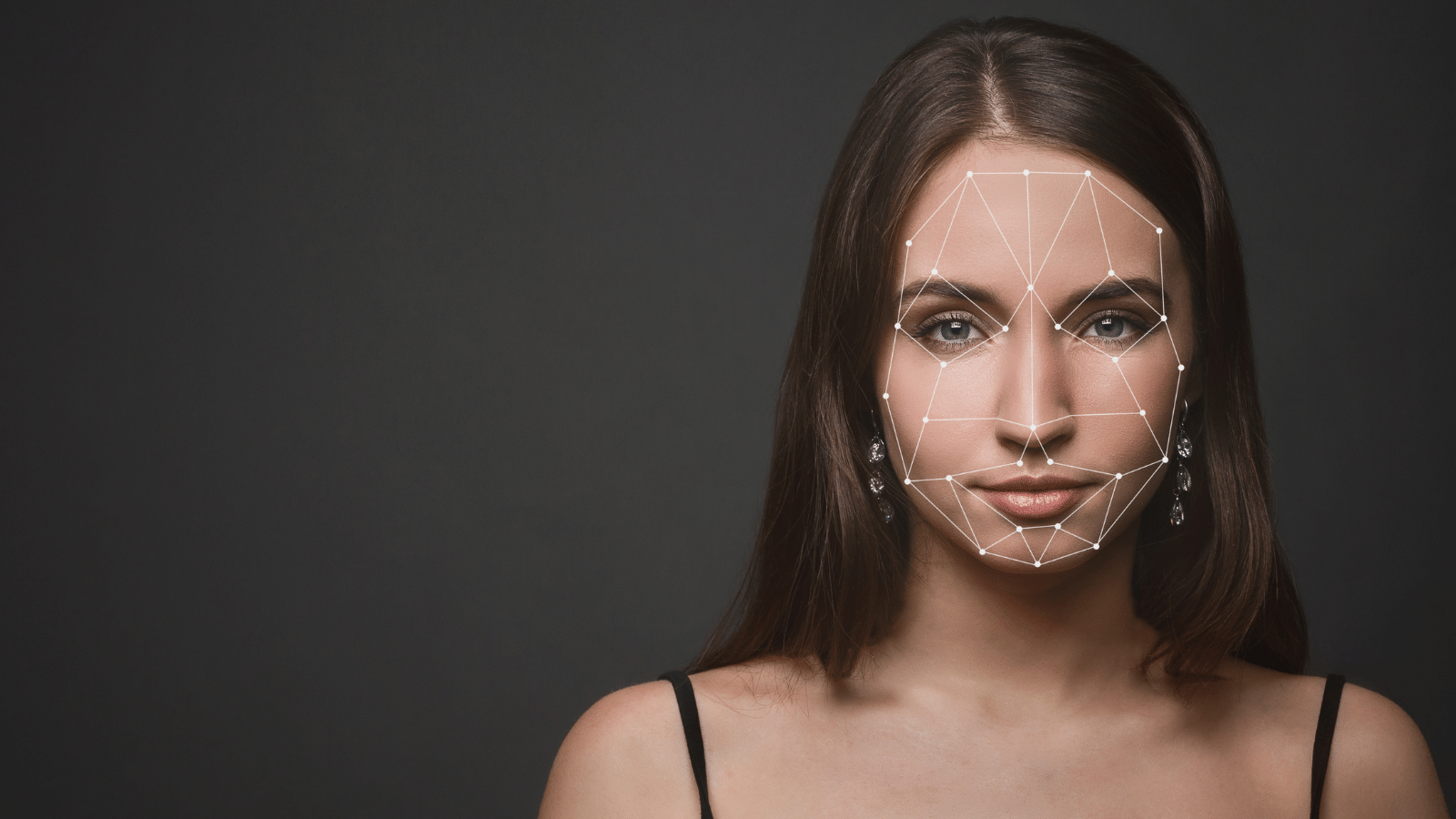Harvard Develops AI Tool to Predict Biological Age from Facial Images

Researchers at Harvard Medical School and Mass General Brigham have developed an innovative artificial intelligence tool named FaceAge, designed to estimate a person's biological age by analyzing facial photographs. Unlike chronological age, which simply counts the years since birth, biological age reflects the physiological condition of an individual, influenced by factors such as genetics, lifestyle, and environmental exposures. By training the FaceAge algorithm on over 58,000 images of healthy individuals and more than 6,000 images of cancer patients, the researchers aimed to create a model that could provide insights into a person's health status based on facial features.
The study revealed that cancer patients often exhibited a FaceAge approximately five years older than their chronological age, and this discrepancy was associated with poorer survival outcomes. Notably, FaceAge outperformed clinicians in predicting short-term life expectancy for patients undergoing palliative radiotherapy, suggesting its potential utility in clinical decision-making. The tool's ability to provide an objective assessment of biological age could aid physicians in tailoring treatment plans, especially in determining the suitability of aggressive therapies for individual patients.
While FaceAge offers promising applications in oncology and personalized medicine, the researchers acknowledge the need for further validation before widespread clinical adoption. They plan to conduct pilot studies to assess the tool's effectiveness in real-world settings and explore its potential in predicting outcomes for other diseases beyond cancer. Additionally, considerations regarding ethical use, data privacy, and potential biases in AI algorithms are critical factors that the team intends to address as they refine the technology.




